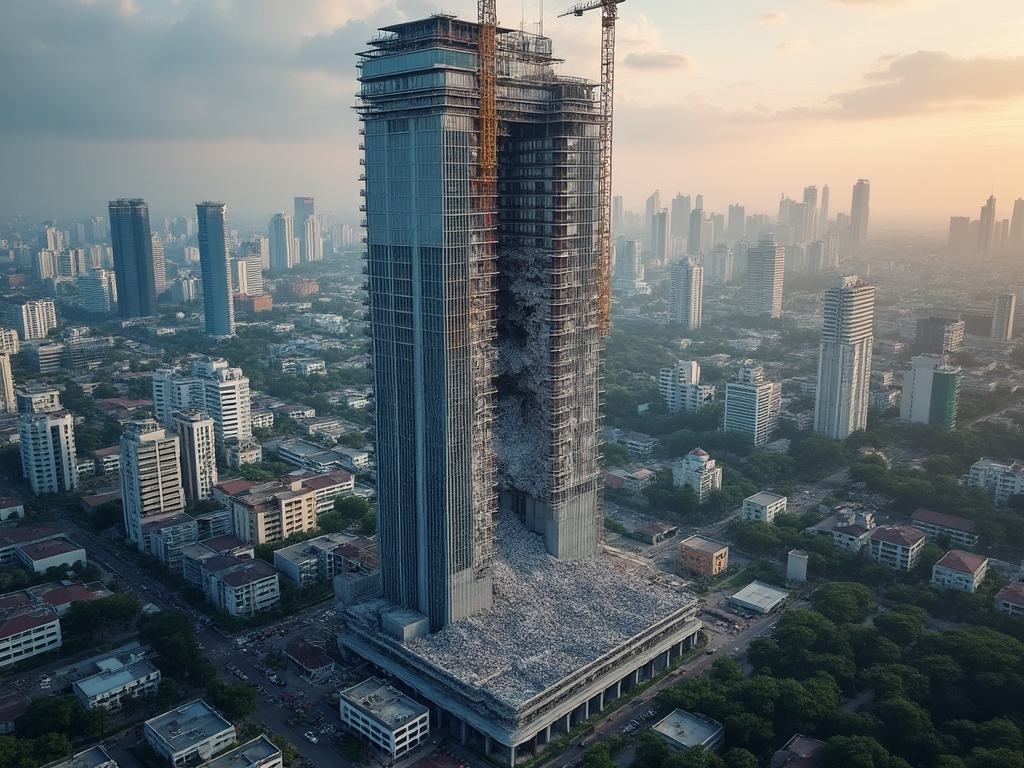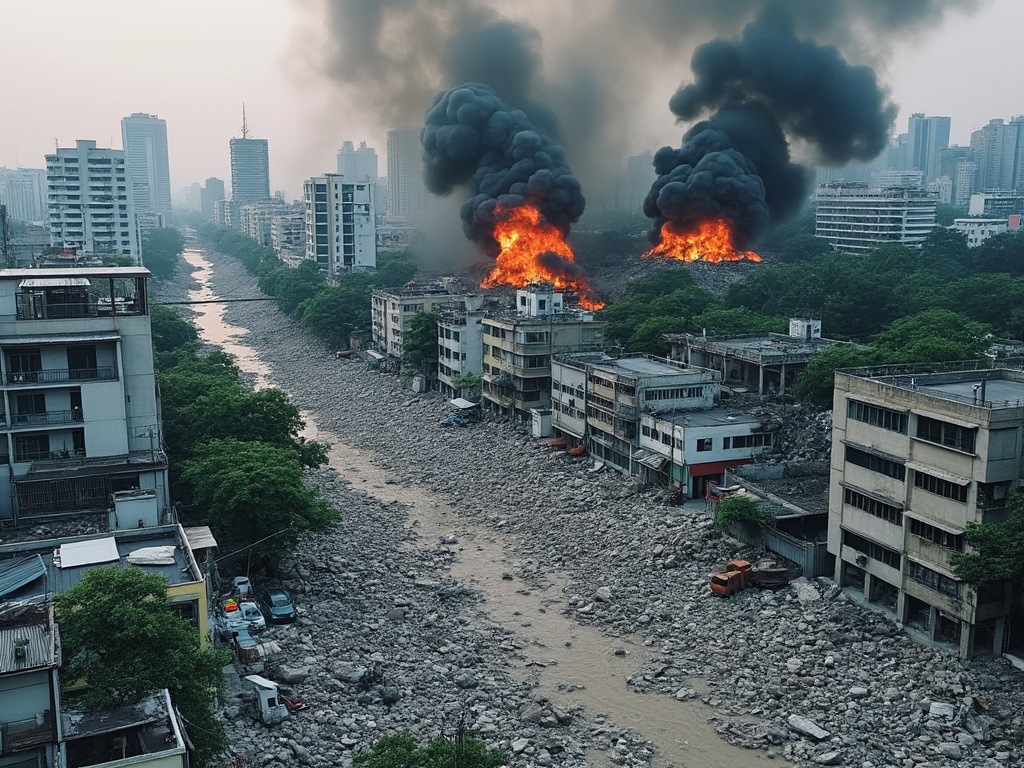
The regional bloc opts for a non-political representative amid ongoing turmoil in Myanmar following last year's military coup.
General Min Aung Hlaing, the leader of Myanmar's military junta, has been excluded from the upcoming annual summit of the Association of Southeast Asian Nations (ASEAN), scheduled for October 26-28, 2023. This decision marks a significant precedent for the ten-member organization, which has historically adhered to a policy of non-interference in the internal affairs of its members.
Instead, ASEAN will invite a non-political representative from Myanmar.
The military junta expressed its 'disappointment' in response to this decision, asserting that they had anticipated a different outcome.
As stated by the Myanmar foreign ministry, discussions regarding the representation of Myanmar at the summit were conducted without consensus and were opposed to ASEAN's objectives.
ASEAN justified its decision by highlighting the Myanmar military's failure to adhere to previous commitments aimed at restoring stability and engaging in constructive dialogue.
In a statement, ASEAN criticized the military’s ongoing violence and the continued detention of political figures, including deposed leader Aung San Suu Kyi.
The bloc emphasized that the situation in Myanmar was adversely affecting regional security as well as the unity and credibility of ASEAN.
In August 2023, Min Aung Hlaing declared himself Prime Minister of Myanmar and announced an extension of the state of emergency, justifying it by citing ongoing conflicts with various militia groups opposed to the military government.
Following a recent emergency meeting of foreign ministers from ASEAN, no consensus was reached regarding the military's representation, leading to the decision to invite a non-political delegate instead.
The brutality of the military's response to dissent following the coup in February 2021 has been extensively reported.
Allegations include the killing of over 1,000 individuals and the detention of more than 6,000, according to human rights monitoring groups.
The public outcry against the junta continues, as thousands participate in demonstrations across Myanmar, advocating for the restoration of democracy and the release of political prisoners.
Previous ASEAN summits have seen calls for the junta to cease its violent repression and to initiate dialogue with opposition groups.
During a notable gathering in Indonesia earlier, ASEAN members collectively urged an immediate cessation of hostilities and proposed establishing dialogue frameworks overseen by a dedicated special envoy.
This effort is part of a broader international concern regarding Myanmar's descent into civil strife, which has implications not just for its citizens but for regional stability.
The future of the Myanmar junta's international legitimacy now appears increasingly tenuous as ASEAN leaders align on strategies emphasizing humanitarian assistance and peace initiatives while navigating the complexities of internal dissent within Myanmar.
Instead, ASEAN will invite a non-political representative from Myanmar.
The military junta expressed its 'disappointment' in response to this decision, asserting that they had anticipated a different outcome.
As stated by the Myanmar foreign ministry, discussions regarding the representation of Myanmar at the summit were conducted without consensus and were opposed to ASEAN's objectives.
ASEAN justified its decision by highlighting the Myanmar military's failure to adhere to previous commitments aimed at restoring stability and engaging in constructive dialogue.
In a statement, ASEAN criticized the military’s ongoing violence and the continued detention of political figures, including deposed leader Aung San Suu Kyi.
The bloc emphasized that the situation in Myanmar was adversely affecting regional security as well as the unity and credibility of ASEAN.
In August 2023, Min Aung Hlaing declared himself Prime Minister of Myanmar and announced an extension of the state of emergency, justifying it by citing ongoing conflicts with various militia groups opposed to the military government.
Following a recent emergency meeting of foreign ministers from ASEAN, no consensus was reached regarding the military's representation, leading to the decision to invite a non-political delegate instead.
The brutality of the military's response to dissent following the coup in February 2021 has been extensively reported.
Allegations include the killing of over 1,000 individuals and the detention of more than 6,000, according to human rights monitoring groups.
The public outcry against the junta continues, as thousands participate in demonstrations across Myanmar, advocating for the restoration of democracy and the release of political prisoners.
Previous ASEAN summits have seen calls for the junta to cease its violent repression and to initiate dialogue with opposition groups.
During a notable gathering in Indonesia earlier, ASEAN members collectively urged an immediate cessation of hostilities and proposed establishing dialogue frameworks overseen by a dedicated special envoy.
This effort is part of a broader international concern regarding Myanmar's descent into civil strife, which has implications not just for its citizens but for regional stability.
The future of the Myanmar junta's international legitimacy now appears increasingly tenuous as ASEAN leaders align on strategies emphasizing humanitarian assistance and peace initiatives while navigating the complexities of internal dissent within Myanmar.




































